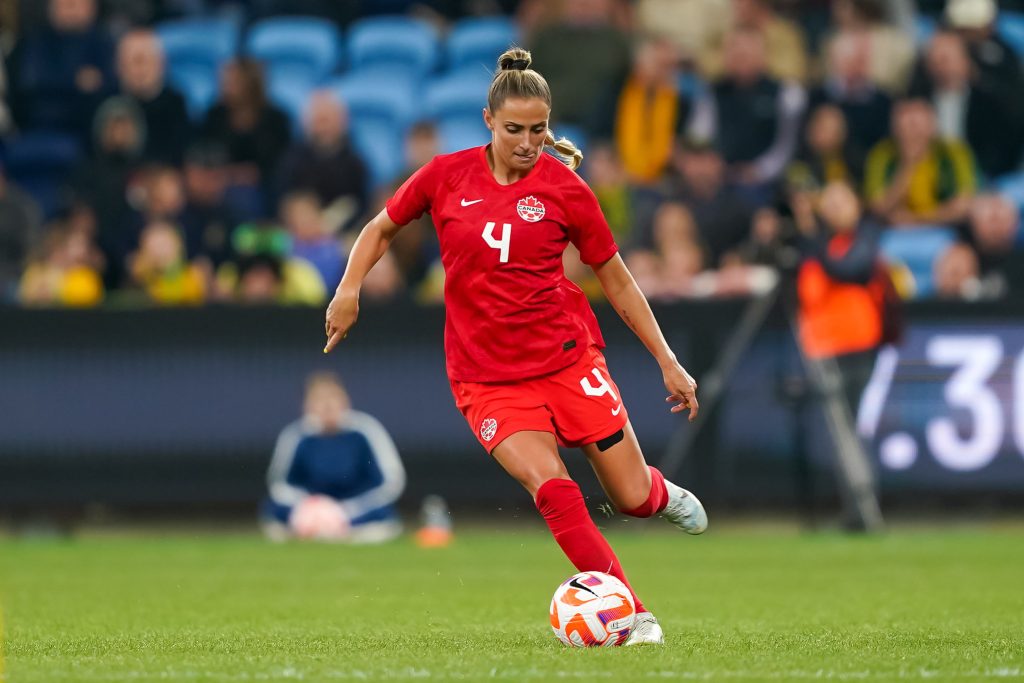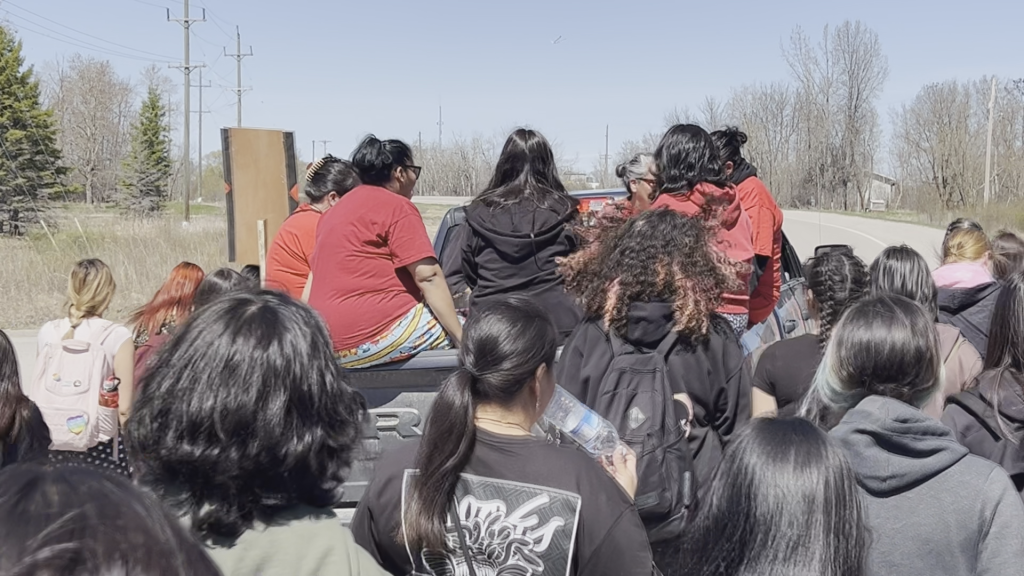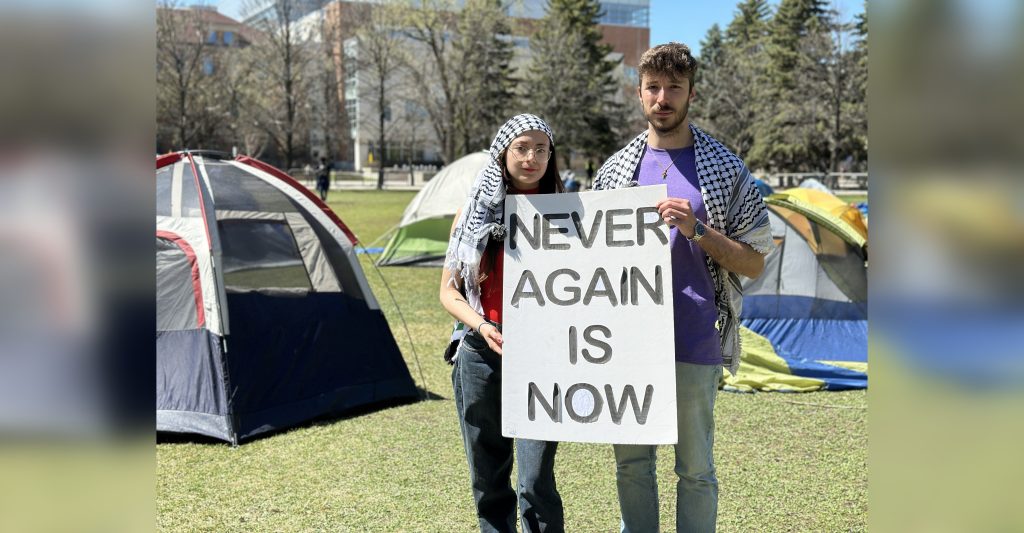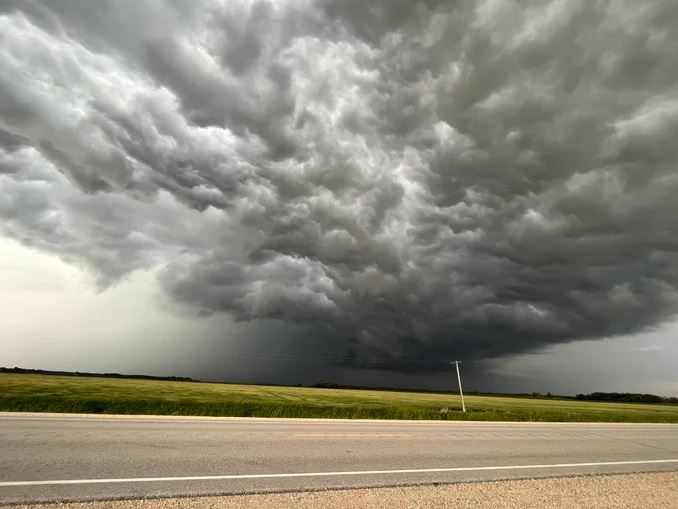‘We are all human beings’: Team Canada focused on mental health with World Cup approaching

Posted June 8, 2023 7:16 pm.
The Canadian women’s soccer team has made an incredible impact nationwide, from winning Olympic gold to Christine Sinclair breaking the international goal-scoring record.
But with those accolades come expectations and pressure, which will be at a fever pitch in a few weeks when the FIFA Women’s World Cup kicks off in Australia and New Zealand.
In April, long-time Canadian defender Shelina Zadorsky shared her recent struggles. She was dealing with physical ailments while coping with her mental health.
“I finally let my full guard down. I was not okay,” the 30-year centre-back stated.
I’ve always believed there’s great power in vulnerability and in owning your truth. Cheers to being true to yourself and hopefully helping others along the way. Swipe through if you want to read. All love ❤️ pic.twitter.com/9gdNryaik5
— Shelina Zadorsky (@Shelina4) April 4, 2023
As her vulnerable and poignant three-page social media post came to an end, Zadorsky offered words of encouragement to others.
“The message is that whatever troubles you may be going through can look very different to the perceptions of the outside world, and those troubles can very easily spiral into something much harder that no one can see or feel… You are not alone, so take the small wins, reach out for help, and whether good or bad, this too shall pass,” she said.
— Shelina Zadorsky (@Shelina4) April 4, 2023
On Thursday, Zadorsky was named to Canada’s preparation camp ahead of the World Cup.
Head Coach Bev Priestman spoke with the media after the roster was revealed. She underlined the importance of mental health during a tournament of such magnitude.
“It’s something that’s there, and we can’t hide from it,” Priestman said. “Major tournaments, coming off the back of a high of a gold medal, the pressure, all of these things are really important.
“We have a mental performance coach that is both qualified from a performance standpoint but also a counselling standpoint.”
The Climb Begins ????????
Your @CANWNT Preparation Camp Roster for @FIFAWWC!@CANWNT x @CIBC pic.twitter.com/Yrj0kE6O1U
— CANWNT (@CANWNT) June 8, 2023
Priestman adds the players can work with the mental performance coach both at camp or away from camp, which is necessary with the World Cup being a longer tournament than the Olympics.
“You can be on the road for 52 days,” she explained. “That’s a long time to be in a high-pressured, intense environment. We, the staff, have put a lot of attention [into] how you design your preparation camp and the freshness approach to ensure the players aren’t burnt out.”
She also shared that finding balance has been one of her priorities since she took the Canadian head coaching reins in October 2020.
“You speak to the players about previous World Cups and some of their learnings,” Priestman said. “In high pressure, we are all human beings, and it gets to people in different ways. And I think we’ve got the support mechanisms to deal with that.”
Canada’s World Cup campaign begins July 20 versus Nigeria.








